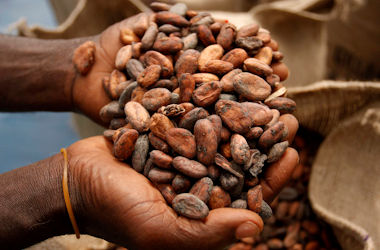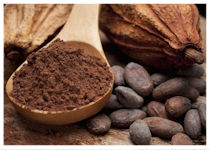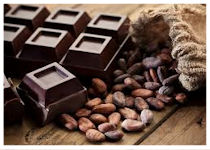Chocolate has indeed been around quite some time. In fact, archaeological research provides evidence of cacao beverages being produced back in the days of the Mokaya civilizations, which is approximately around 1900 BC.
The Aztec & Mayan empires were known for using Cacao to make special drinks used as an aphrodisiac to enhance sexual desire and performance. As with all things in life, the effects of a product can vary from person to person so we'll leave the specifics to the scientists. We will, however, point out that claims of increased performance and desire covers a few thousand years and many many generations so who are we to doubt it's positive effects?
The spanish conquistador Hernan Cortes is believed to be the first European to encounter chocolate when he observed it in the court of Montezuma back in 1519. As we now know, the Spanish conquered those ancient empires and one could imagine how things would have gone if he started a Starbucks down there serving both chocolate and coffee together! Throw in a few hot donuts and the Spanish may have quickly conquered the world!
As the Spanish introduced Cacao to the European civilizations, sugar was added to offset the bitter taste of the Cacao, which made the drinks much more enticing. Trade for Cacao beans exploded and demand significantly increased worldwide. Processing Cacao beans was a slow and manual endeavor until the Industrial Revolution. In 1815, a Dutch chemist by the name of Coenraad Van Houten began mixing alkaline salts with chocolate to reduce it's bitterness. In 1828 he developed a press which helped remove about half of the natural fat (known as cacao butter), which made chocolate cheaper to produce with a more consistent quality. In 1875, Daniel Peter began making milk chocolate by adding powered milk, which was developed by none other than the famous Henry Nestle.







